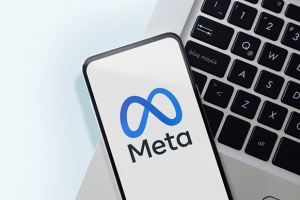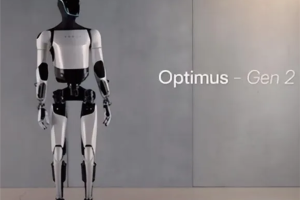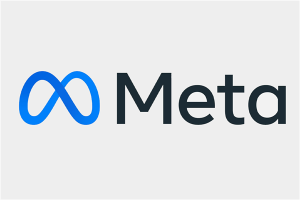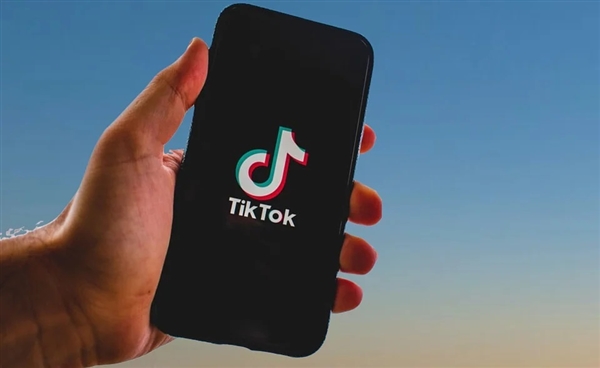**August 23, 2023 -** OpenAI Unveils Customizable GPT-3.5 Turbo for Tailored AI Experiences In a recent stride toward innovation, OpenAI has introduced the world to the groundbreaking GPT-3.5 Turbo fine-tuning feature, accompanied by a comprehensive API update. These advancements empower businesses and developers to fashion their own unique ChatGPT models by melding their proprietary data with specific use cases. OpenAI boldly asserts that such personalized models can rival, and in some cases even outperform, the capabilities of GPT-4. Anticipating even more, the company hints at the forthcoming GPT-4 fine-tuning functionality slated for release this autumn.
OpenAI’s rationale behind these strides is crystal clear. Following the release of GPT-3.5 Turbo, the demand from developers and businesses to tailor models to exacting requirements became unmistakable. This update, with its panoramic implications, empowers developers to craft models that align precisely with their envisioned use cases, propelling these custom models to operate at scale.

Fine-tuning through OpenAI’s API empowers enterprises utilizing GPT-3.5 Turbo to bring the model in line with their directive, maintaining a consistent tone in responses or enhancing the model’s skill in formatting outputs like code snippets. Furthermore, it aids in refining the model’s “sensibility,” allowing it to seamlessly integrate brand-specific nuances, effectively solidifying its alignment with the brand identity.
This evolution doesn’t stop at customization; it also optimizes efficiency and cost-effectiveness. Fine-tuning enables OpenAI’s clients to truncate text prompts, thereby expediting API calls and curbing expenses. Early tests showcased a remarkable 90% reduction in prompt size through model fine-tuning.
Presently, embarking on fine-tuning necessitates data preparation, mandatory file uploads, and the creation of fine-tuning tasks through OpenAI’s API. As part of OpenAI’s commitment to safety and security, all fine-tuning data undergoes a validation process via the API and the auditing system compatible with GPT-4. A promising future enhancement is the planned introduction of a fine-tuning UI, complete with a dashboard that affords real-time tracking of ongoing fine-tuning workloads.
The fine-tuning costs stand as follows:
– Training: $0.008 per 1,000 tokens
– Input Usage: $0.012 per 1,000 tokens
– Output Usage: $0.016 per 1,000 tokens
For context, fine-tuning a GPT-3.5-turbo model with a training file comprising 100,000 tokens (approximately 75,000 words) would amount to around $2.40.
In addition, OpenAI has taken another stride by introducing two updated GPT-3 base models, namely babbage-002 and davinci-002. These models are also eligible for fine-tuning and come fortified with features like pagination and enhanced scalability. As per the earlier announcement, the original GPT-3 base models will be retired on January 4, 2024.
OpenAI offers a tantalizing glimpse into the future with its announcement about GPT-4’s fine-tuning support, a feature that goes beyond GPT-3.5 by including the model’s capability to comprehend elements beyond text, such as images. Though specifics remain shrouded, this support is slated for release later in the autumn, promising another leap in AI capabilities.












